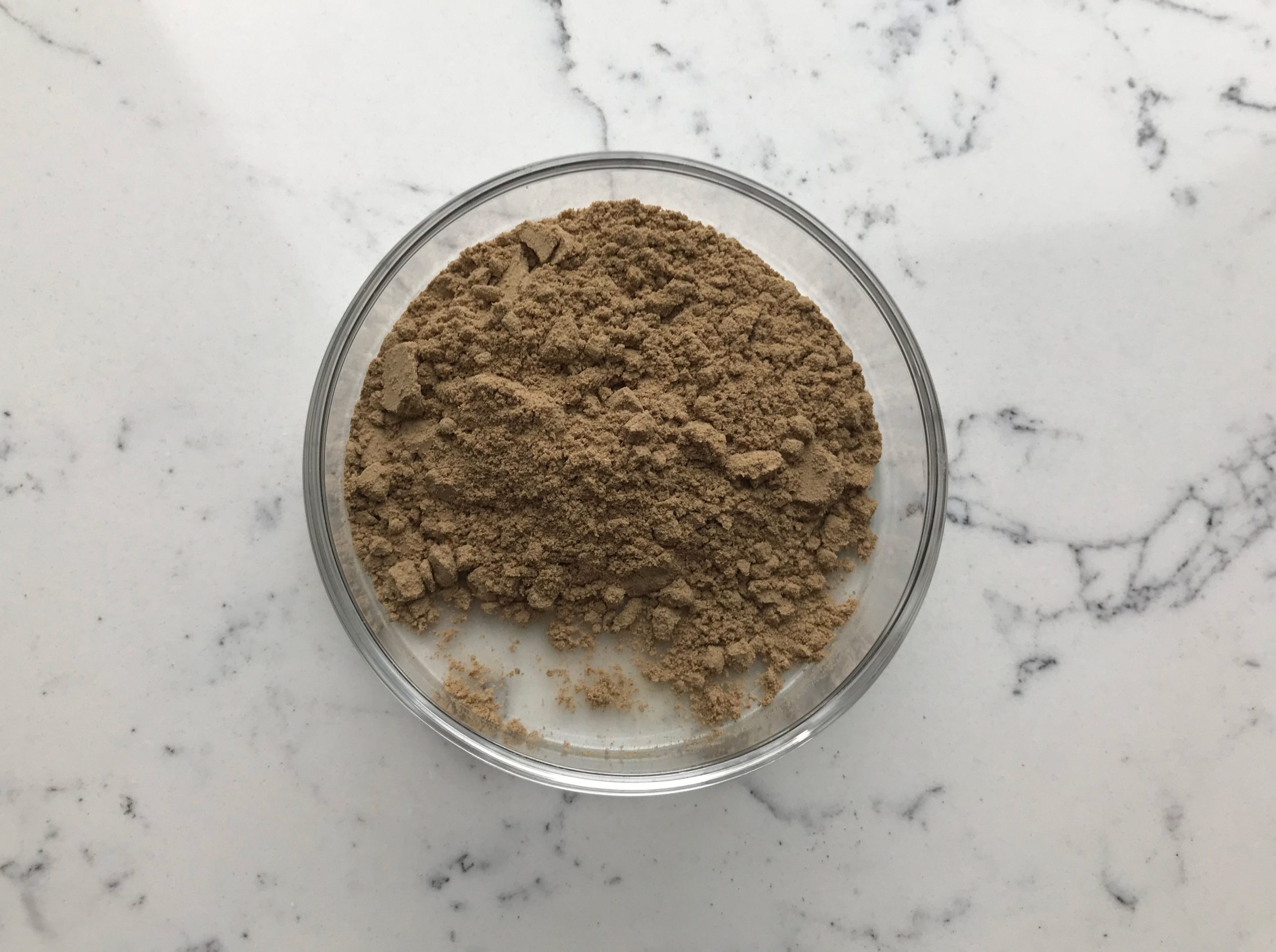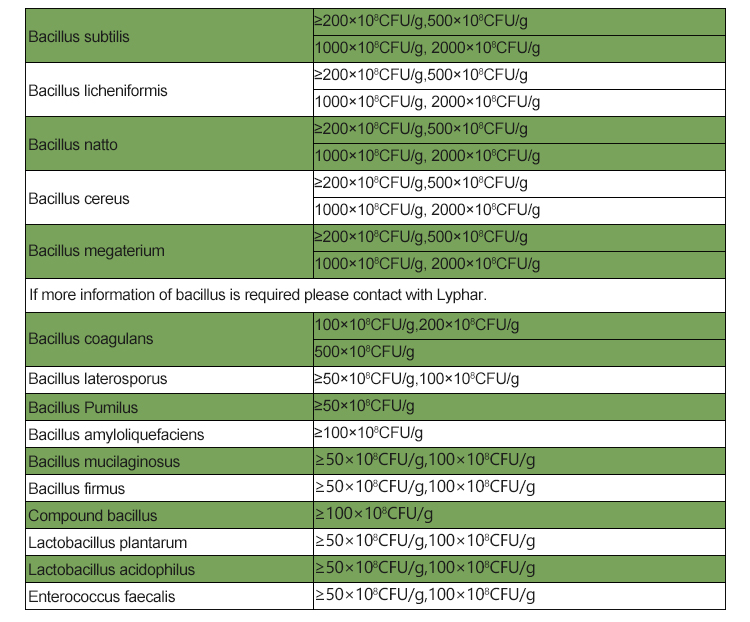As of my last update in September 2021, Bacillus pumilus is a Gram-positive, spore-forming bacterium that belongs to the Bacillus genus. It is widely distributed in the environment and can be found in various habitats, including soil, water, and air. Here’s a comprehensive overview of Bacillus pumilus based on the information available up to that point:

Taxonomy and Classification:
Bacillus pumilus is a member of the phylum Firmicutes, class Bacilli, order Bacillales, and family Bacillaceae. It is closely related to other Bacillus species, such as Bacillus subtilis and Bacillus cereus.
Morphology:
Bacillus pumilus is a rod-shaped bacterium with a typical size ranging from 1 to 2 micrometers in length and 0.5 to 1.0 micrometers in width. It can form endospores, which are highly resistant structures that allow the bacterium to survive harsh conditions, such as extreme temperatures, desiccation, and exposure to chemicals.
Habitat and Ecology:
Bacillus pumilus is ubiquitous in nature and can be found in a wide range of environments. It is commonly present in soil, where it plays a role in nutrient cycling and decomposition of organic matter. Additionally, it can be found in water sources, air, and various other habitats.
Physiology and Metabolism:
Bacillus pumilus is a versatile bacterium with a diverse metabolic capability. It is known to be aerobic, meaning it requires oxygen for growth. As a spore-forming bacterium, it can switch between vegetative growth and a dormant spore state to survive unfavorable conditions.
Biotechnological Applications:
Due to its ability to produce various enzymes and metabolites, Bacillus pumilus has garnered interest in biotechnological applications. It has been studied for its potential in enzyme production, bioremediation, and biocontrol of plant pathogens.

Role in the Food Industry:
In the food industry, Bacillus pumilus has been detected in various products. While it is generally considered non-pathogenic, it has been associated with food spoilage and can cause off-flavors and odors due to the production of volatile compounds during the breakdown of food components.
Importance in Astrobiology:
Bacillus pumilus has attracted attention from astrobiologists due to its ability to survive extreme conditions and form spores that can endure harsh environments. It has been used as a model organism to study the survivability of bacteria in space conditions and the potential for microbial contamination in space missions.
Potential as a Biological Indicator:
Because of its resistance to environmental stress and spore-forming capability, Bacillus pumilus has been utilized as a biological indicator for sterilization processes in the pharmaceutical and medical industries. Its spores are used to assess the efficiency of sterilization methods.
It’s worth noting that research on microorganisms is continually evolving, and there might be more recent findings and studies about Bacillus pumilus beyond my last update. To get the most up-to-date information, I recommend referring to scientific publications, research articles, and databases dedicated to microbiology.
